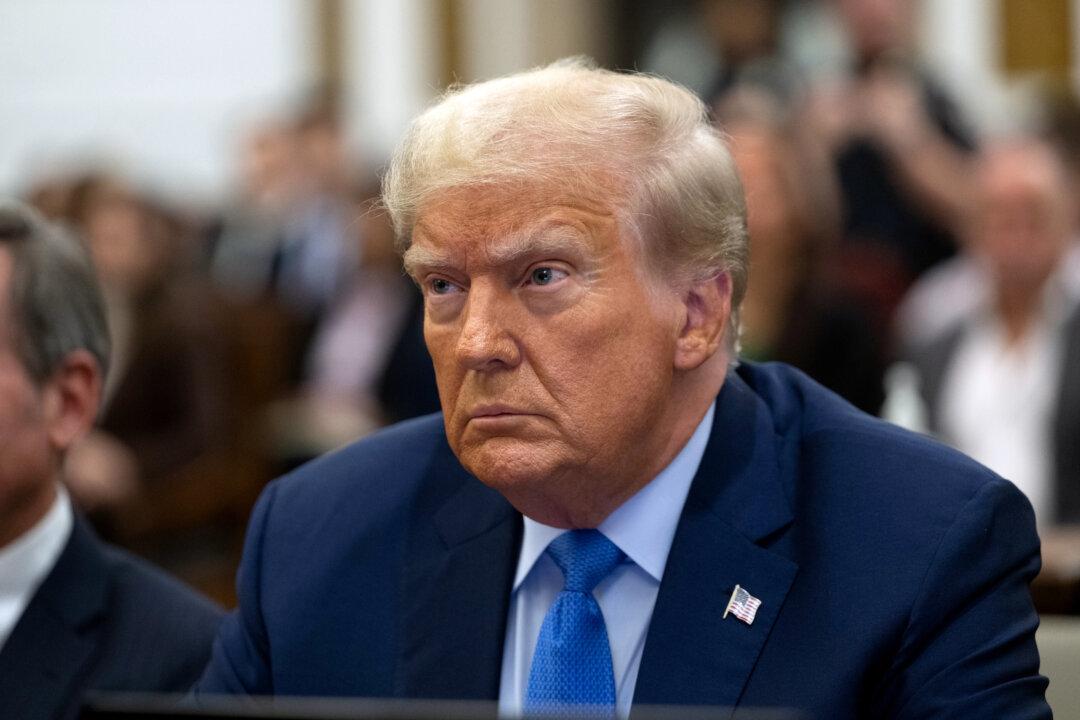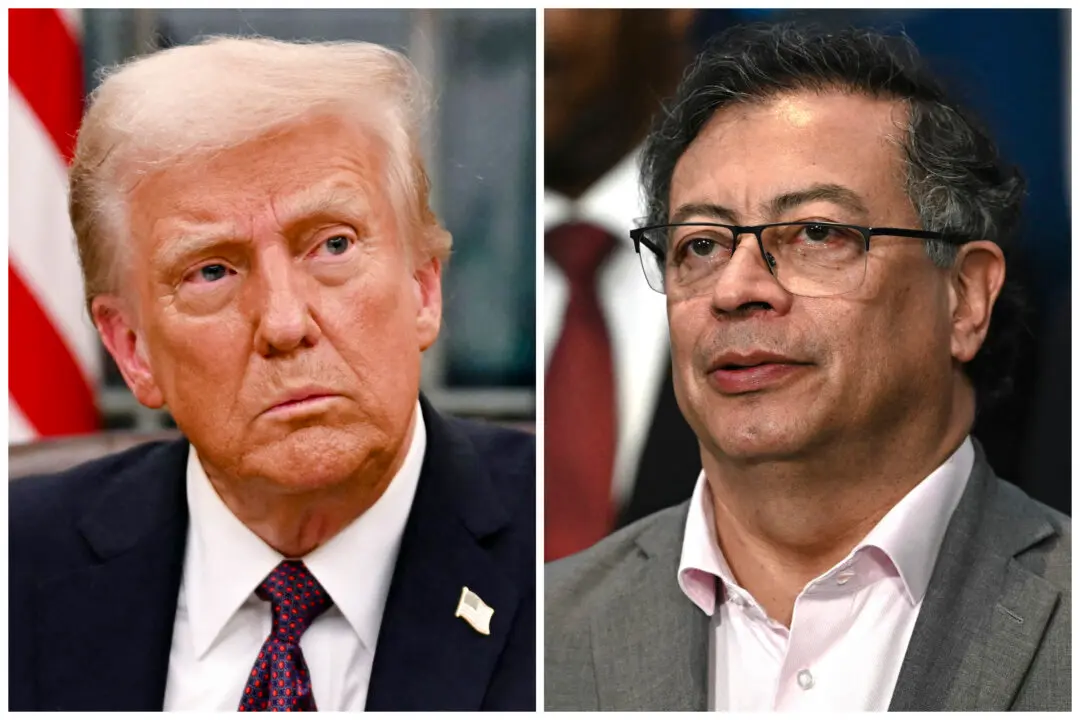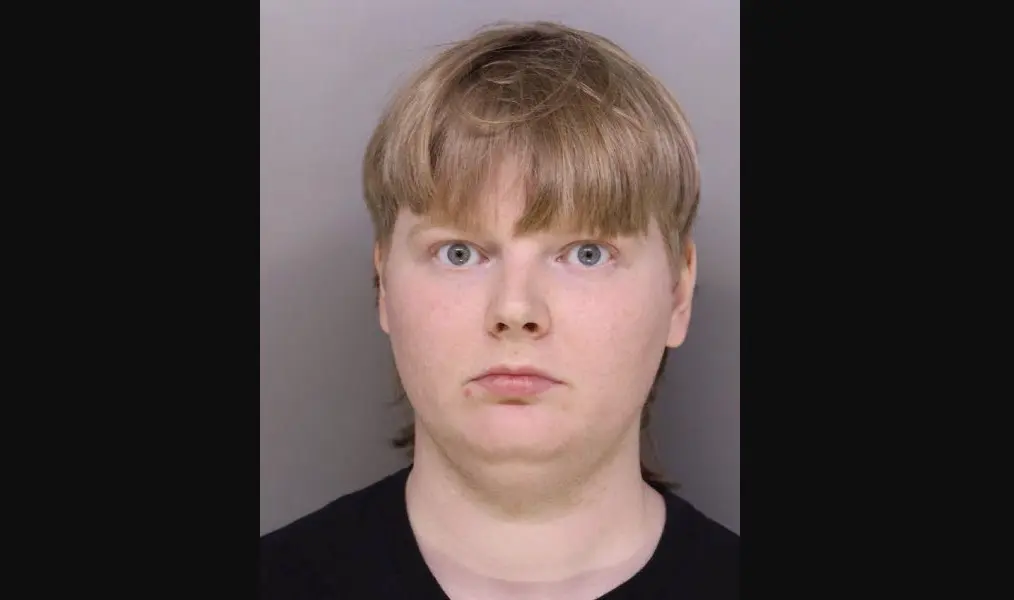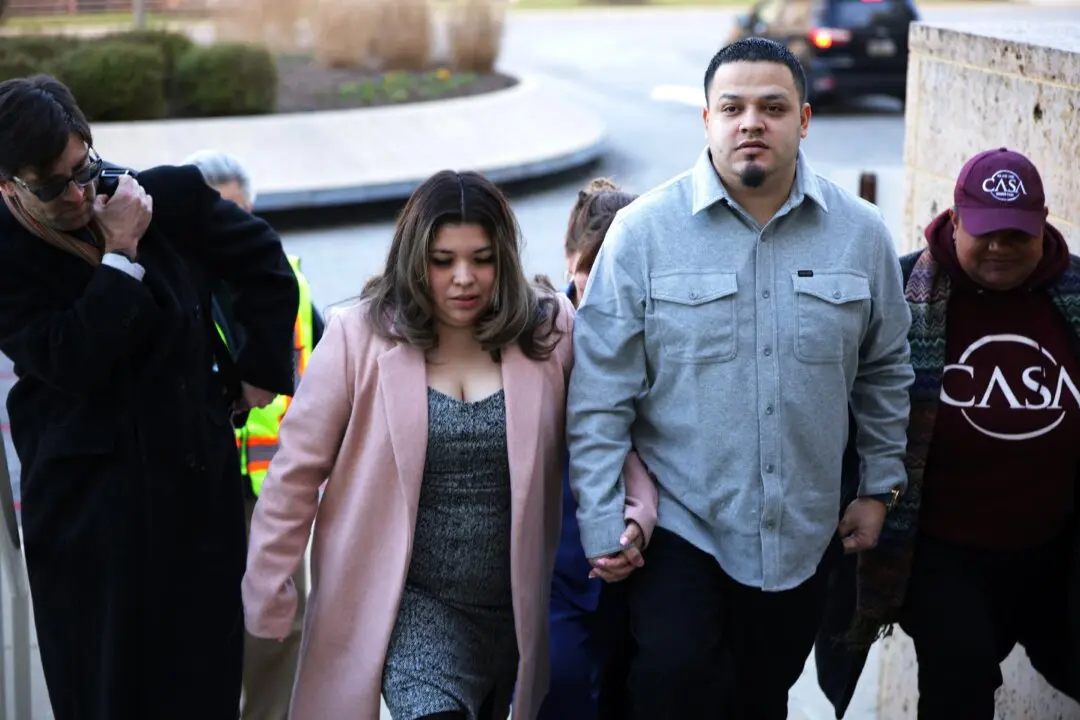As ordered by the court, former President Donald Trump and his lawyers have filed their opening brief with a District of Columbia appeals court, asking the court to toss the DOJ’s case accusing him of plotting to overturn the 2020 election on grounds of presidential immunity.
The U.S. District Court of Appeals for the District of Columbia Circuit previously agreed to expedite the hotly contested case, giving appellants until Dec. 23 to file their opening arguments for the appeal.





